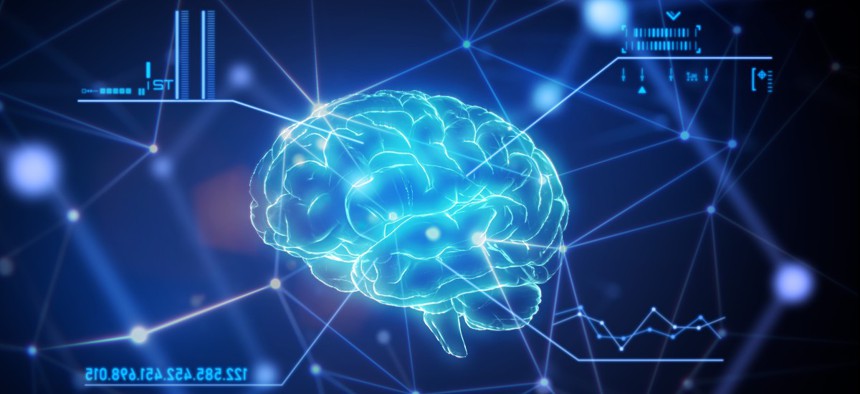NIH Injects $130M to Provide Quality Tools, Data for AI in Medicine

Yuichiro Chino/Getty Images
The funding comes from the National Institutes of Health’s Bridge2AI program to advance AI research, as well as ethical tools and standards.
As part of the National Institutes of Health’s launch of the Bridge to Artificial Intelligence program—or Bridge2AI—the agency is investing $130 million over four years in an effort to increase the use of artificial intelligence in biomedical and behavioral research.
NIH noted that while AI is present in biomedical research and healthcare, it is not widely used because of the difficulties of applying AI technology to diverse types of data. This is due to the fact that, oftentimes, the collected biomedical or behavioral data sets are insufficient—or lack important information like type of data and collection condition—which prevents the data from being correctly analyzed and interpreted. Subsequently, AI technology may “inadvertently incorporate bias or inequities unless careful attention is paid to the social and ethical contexts in which the data is collected,” NIH stated. The agency noted that for researchers to properly use AI for biomedical research, the researchers need ethical and well-described data sets, standards and best practices.
Bridge2AI researchers will create guides and standards for developing “ethically sourced, state-of-the-art, AI-ready data sets” that will help solve health issues, such as how factors like genes, behavior and environment impact a person’s health throughout their life.
The program is pulling talent from “diverse disciplines and backgrounds to generate tools, resources and richly detailed data that are responsive to AI approaches,” while taking measures to ensure that “tools and data do not perpetuate inequities or ethical problems that may occur during data collection and analysis.” Such problems include privacy, data trustworthiness and biases. The agency emphasized that diversity is key for AI technology and research.
“Generating high-quality, ethically sourced data sets is crucial for enabling the use of next-generation AI technologies that transform how we do research,” Dr. Lawrence A. Tabak, acting director of NIH, said. “The solutions to long-standing challenges in human health are at our fingertips, and now is the time to connect researchers and AI technologies to tackle our most difficult research questions and ultimately help improve human health.”
Bridge2AI will also create diverse data types—such as voice and other data to help identify unusual changes in the body—ready for AI analyses. Researchers will also be using data to not only advance research, but also improve decision making in crucial areas like illness recovery.
NIH has issued four project awards for data generation and three awards to create a Bridge Center for integration, dissemination and evaluation. The projects will create new datasets to be used for developing AI technology, tools, standards and training projects.






